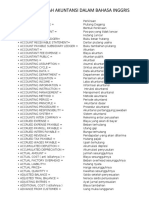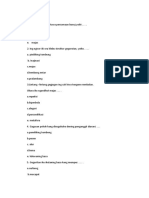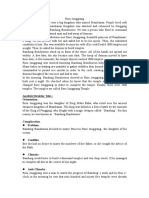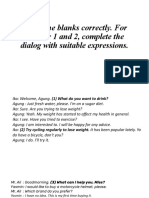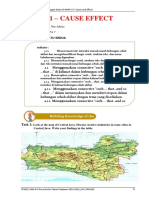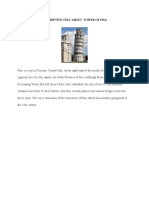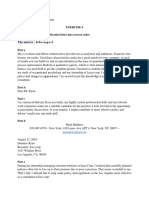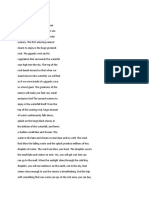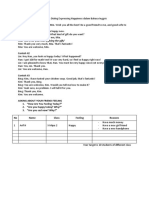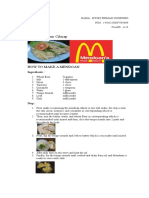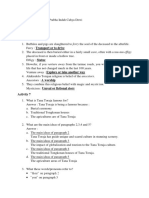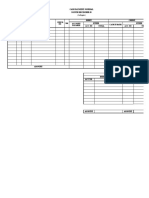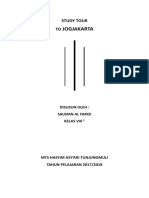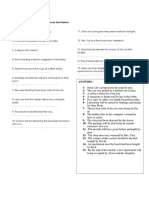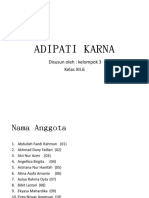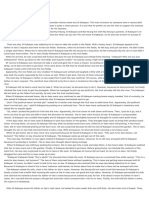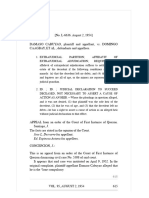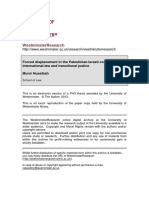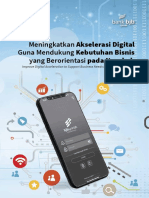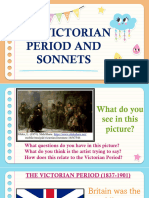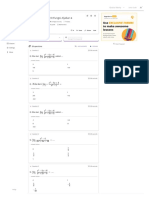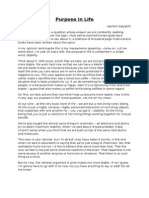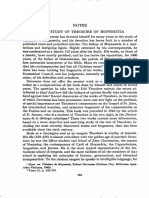0% found this document useful (0 votes)
784 views5 pagesConditional Sentence (Type 2) "Theory"
This document discusses conditional sentence type 2, also known as the "theory" conditional. It notes that the if-clause uses simple past tense while the main clause uses the past future tense of "would" plus the verb. This type of conditional sentence expresses something contrary to present fact, where the condition in the if-clause could theoretically be met but is very unlikely. Examples are given such as "If you studied hard, you would pass the exam" where the real fact is the person did not study hard. The document also discusses replacing "would" with "could" or "might" and provides examples and exercises to practice this conditional sentence structure.
Uploaded by
-Ditya Chy Rengerz-Copyright
© Attribution Non-Commercial (BY-NC)
We take content rights seriously. If you suspect this is your content, claim it here.
Available Formats
Download as DOC, PDF, TXT or read online on Scribd
0% found this document useful (0 votes)
784 views5 pagesConditional Sentence (Type 2) "Theory"
This document discusses conditional sentence type 2, also known as the "theory" conditional. It notes that the if-clause uses simple past tense while the main clause uses the past future tense of "would" plus the verb. This type of conditional sentence expresses something contrary to present fact, where the condition in the if-clause could theoretically be met but is very unlikely. Examples are given such as "If you studied hard, you would pass the exam" where the real fact is the person did not study hard. The document also discusses replacing "would" with "could" or "might" and provides examples and exercises to practice this conditional sentence structure.
Uploaded by
-Ditya Chy Rengerz-Copyright
© Attribution Non-Commercial (BY-NC)
We take content rights seriously. If you suspect this is your content, claim it here.
Available Formats
Download as DOC, PDF, TXT or read online on Scribd
/ 5
